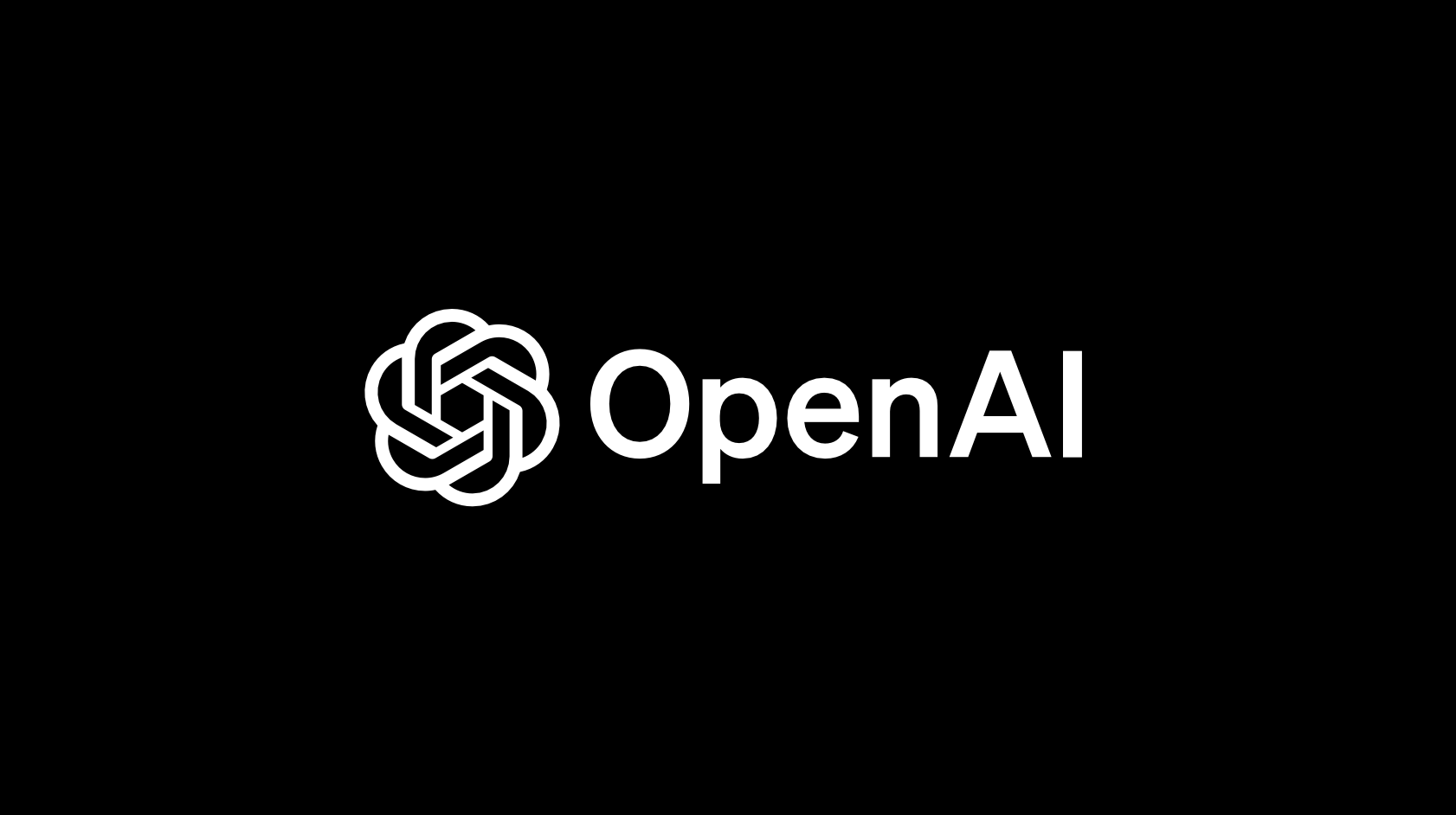William Fedus Leaves to Start His Own Venture

William Fedus Leaves OpenAI to Launch New AI Materials Science Venture
Departure from OpenAI
William (Liam) Fedus, who served as the Vice President of Research for Post-Training at OpenAI, has announced his decision to leave the company. His future plans involve starting a new venture focused on using artificial intelligence in the field of material science, an area still in its infancy. OpenAI will reportedly partner with Fedus’ new company, indicating a continued interest in the applications of AI technology.
The Emerging Field of AI in Materials Science
Materials science is gradually evolving, with AI expected to play a significant role in its development. Fedus is entering a competitive landscape, with major tech players like Google DeepMind and Microsoft already making strides in this domain. Earlier this year, Microsoft released two groundbreaking AI tools—MatterGen and MatterSim.
- MatterGen: This tool uses AI algorithms to create new materials tailored to specific characteristics and applications.
- MatterSim: This tool simulates how materials behave in realistic conditions, enabling researchers to predict key properties such as energy states and atomic interactions.
These tools represent a shift toward AI-driven research methodologies in material science, suggesting that Fedus’ new venture may need innovative approaches to stand out.
Fedus’ Motivations and Goals
In a message he shared on the social platform X, Fedus expressed his enthusiasm for exploring the intersection of AI and science. With a background in physics, he aims to apply cutting-edge AI techniques to challenges in material science. He believes that this area is crucial for OpenAI’s overarching goal of developing Artificial Superintelligence (ASI). The partnership with OpenAI could potentially provide resources and expertise that will be vital for his startup’s success.
Concerns About Employee Departures
Fedus is not the only high-profile exit from OpenAI. In February, Mira Murati, the former CTO, also left to pursue her own startup called Thinking Machines Lab. Other notable departures include co-founder Ilya Sutskever and researchers Daniel Kokotajlo and Jan Leike. This trend has sparked mixed feelings regarding OpenAI’s internal environment.
Daniel Kokotajlo, a former researcher, articulated concerns about OpenAI’s pace, suggesting that the organization is hastily advancing toward achieving AGI (Artificial General Intelligence) without adequate regard for safety and ethical considerations. Along with other former staff, he co-signed an open letter calling for improved transparency and protective measures for whistleblowers within AI companies.
Investor Confidence and Market Stability
Despite the recent resignations and questions regarding the ethics of AI advancement, investor sentiment towards OpenAI remains robust. Reports indicate that Japanese company SoftBank is preparing to invest up to $40 billion in OpenAI, which would establish it as the leading backer of the AI startup, surpassing Microsoft’s investments. OpenAI was last valued at approximately $157 billion by private investors in October, underscoring strong market confidence in the company’s future.
Ongoing Legal Challenges
In addition to company transitions, OpenAI is facing a legal battle with Elon Musk. The lawsuit seeks to prevent OpenAI from fully transitioning to a for-profit model. This ongoing conflict could further influence the company’s operational strategies and public perception as it navigates through the complexities of the AI industry.
As the landscape of artificial intelligence continues to evolve, the shifts within OpenAI and the broader implications for the tech sector remain topics of significant interest and examination.





